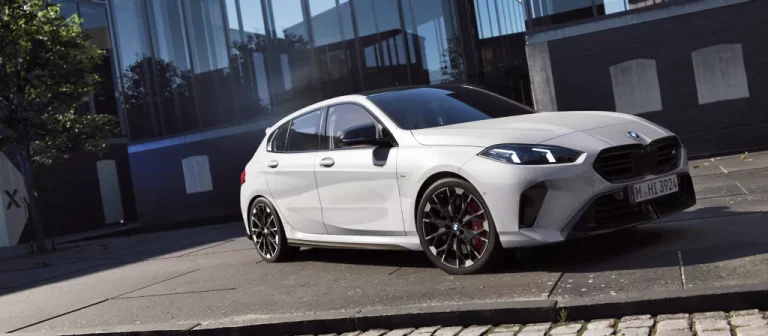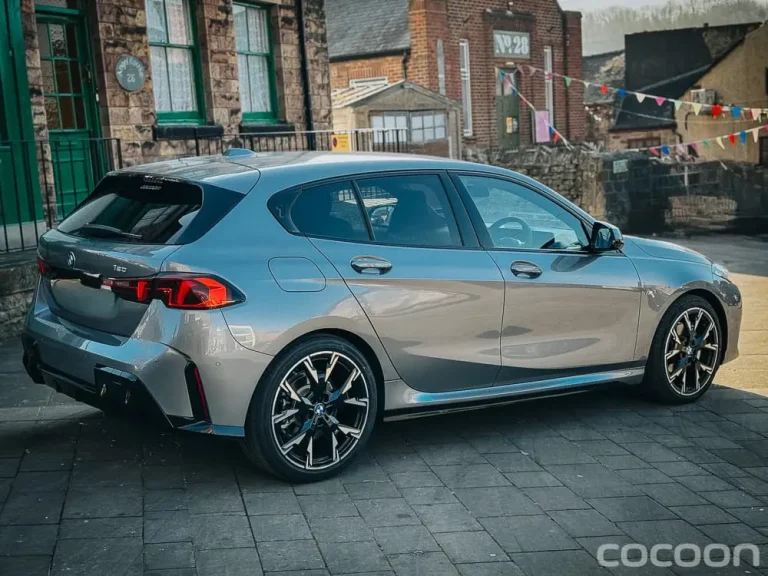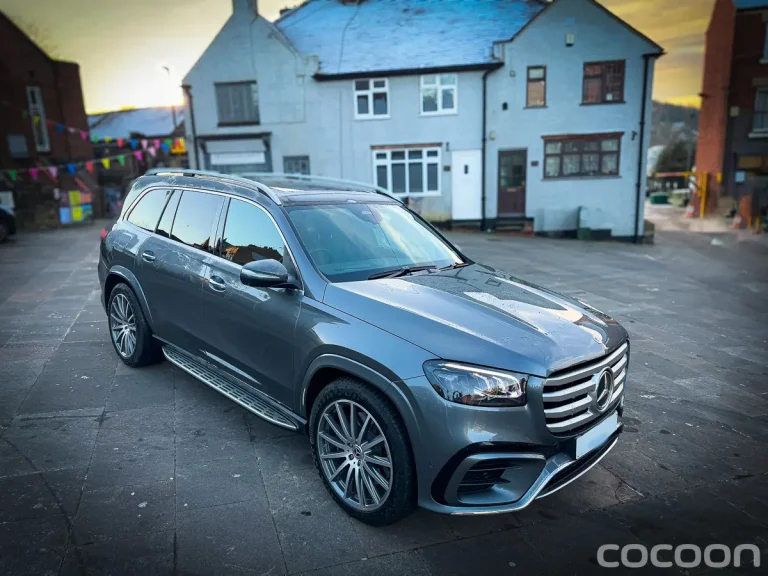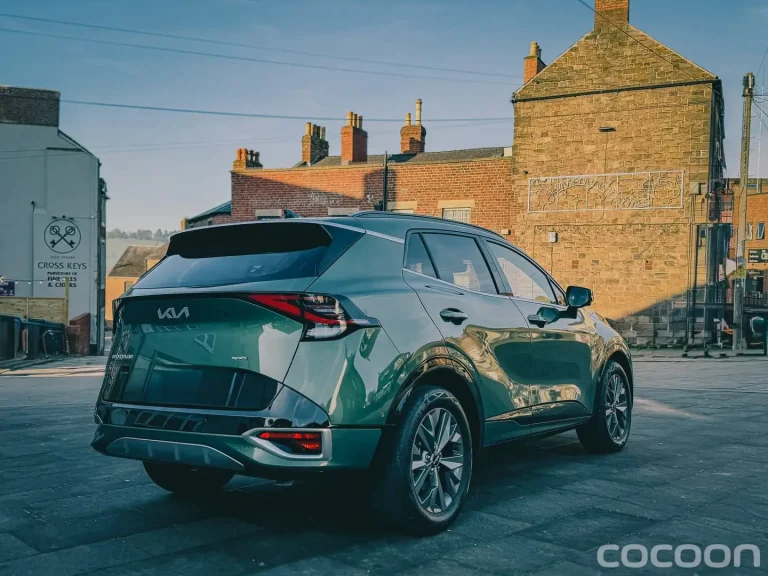Top 9 Questions About Electric Vehicles: Facts, Myths, and Everything You Need to Know
Switching from a petrol or diesel car to an electric vehicle (EV) can seem like a big step into the unknown. With new technology comes new considerations, and if you’re accustomed to traditional engines, the idea of going electric might feel overwhelming. But don’t worry! We’re here to answer nine of the most common questions potential EV buyers have, debunking myths and providing clear, practical information to help you make the switch.
1. Why Are Electric Cars Considered Expensive?
Many people believe that all electric cars come with high price tags. While it’s true that EVs often cost more upfront due to their advanced technology and battery systems, prices are decreasing as the market matures. Models like the MG4 and Peugeot e-208 offer more affordable options, making EVs accessible for a wider audience. Additionally, the second-hand EV market is growing, providing even more budget-friendly choices. Over time, the long-term savings on fuel, tax, and maintenance often offset the initial cost.
2. Will My Electricity Bill Increase Drastically?
It’s natural to worry about rising electricity bills, but the increase is usually not as significant as expected. Charging an EV is generally much cheaper than refuelling with petrol or diesel. For instance, you might pay around £25 to charge an EV like the Ora 03 for 800 miles, which is a fraction of the cost of filling up a conventional car. Many energy providers also offer special EV tariffs, such as cheaper rates for overnight charging, which can help keep costs manageable.
3. How Do I Get a Home Charger Installed?
Installing a home charger is straightforward if you have a driveway or private parking space. A typical home charger installation costs about £1,000 and allows you to charge your vehicle quickly and conveniently. Installers usually take care of everything, including the necessary wiring and setting up any related apps for remote monitoring. If you don’t have access to private parking, public charging options are expanding rapidly, with on-street and community chargers becoming more widely available.
4. Are All Charging Points Compatible with My Car?
Most EVs use a universal ‘type 2’ plug, making them compatible with the majority of home and public charging points. Some rapid chargers come with their own cables that work with any EV, simplifying the charging process. For longer trips, apps like Zap-Map can help you find compatible chargers along your route and check their availability in real time, making planning your journey much easier.
5. Can I Use and Charge an EV in the Rain?
Yes, EVs are designed to operate safely in all weather conditions, including heavy rain. The battery and charging components are well-protected against water ingress, so you can charge and drive in wet conditions without any concerns. EVs are as safe as petrol or diesel vehicles in rain, snow, or when going through a car wash, thanks to rigorous waterproofing standards.
6. How Long Do Electric Car Batteries Last?
EV batteries are built for longevity. Unlike phone batteries that may degrade quickly, EV batteries are designed to maintain their capacity over many years and miles. Most manufacturers offer warranties of up to 10 years or 100,000 miles, and some, like Tesla, report that their batteries retain about 88% of their capacity even after 200,000 miles. In cases of significant battery degradation, manufacturers usually provide replacements or repairs under warranty.
7. Are Electric Cars Really Greener?
EVs produce zero tailpipe emissions, making them much cleaner on the road than their petrol or diesel counterparts. While manufacturing EVs, particularly the batteries, does have some environmental impact, their overall lifecycle emissions are significantly lower. For example, research from Volvo shows that their electric EX30 SUV emits 60% less CO2 than a comparable petrol car over 124,000 miles. As the UK energy grid becomes greener, the environmental benefits of EVs will continue to improve.
8. What About Charging Infrastructure – Is It Reliable?
Concerns about charging infrastructure are common, but the network is growing rapidly across the UK. Public charging points are becoming more plentiful and reliable, with many new ultra-rapid chargers capable of adding significant range in just minutes. Supermarkets, service stations, and public car parks are increasingly offering charging points, making it easier than ever to charge on the go. Planning tools like Zap-Map and PlugShare can help you find charging locations and navigate the network with confidence.
9. How Does Driving Range Compare to Petrol and Diesel Cars?
Range anxiety, the fear that an EV will run out of charge mid-journey, is becoming less of a concern as battery technology improves. Many modern EVs now offer ranges that exceed 200 miles on a single charge, which is more than sufficient for most daily driving needs. For longer journeys, the growing network of rapid chargers means you can top up your battery quickly and continue on your way. Plus, with most drivers only covering around 20-30 miles a day, an EV’s range is often more than enough.
Additional Considerations
Government Incentives: The UK government offers several incentives to encourage EV adoption, including grants for new EV purchases and reduced road tax. Keep an eye out for local schemes, such as congestion charge exemptions, which can add up to significant savings.
Maintenance and Servicing: EVs typically have lower maintenance costs because they have fewer moving parts and don’t require oil changes. Components like brakes also last longer due to regenerative braking. As more garages specialise in EV servicing, finding reliable maintenance options is becoming easier.
Final Thoughts: The Future is Electric
Making the switch to an electric vehicle doesn’t have to be a daunting decision. By addressing these common questions, we hope to have clarified what you can expect and dispelled some myths. The future of driving is electric, and it’s an exciting time to make the switch.
Ready to explore your electric vehicle options? Try the Find a Car Lease service offered by Cocoon Vehicles. They help you find the next best car lease deal by scouring the market of lenders, saving you the hard work and time.






